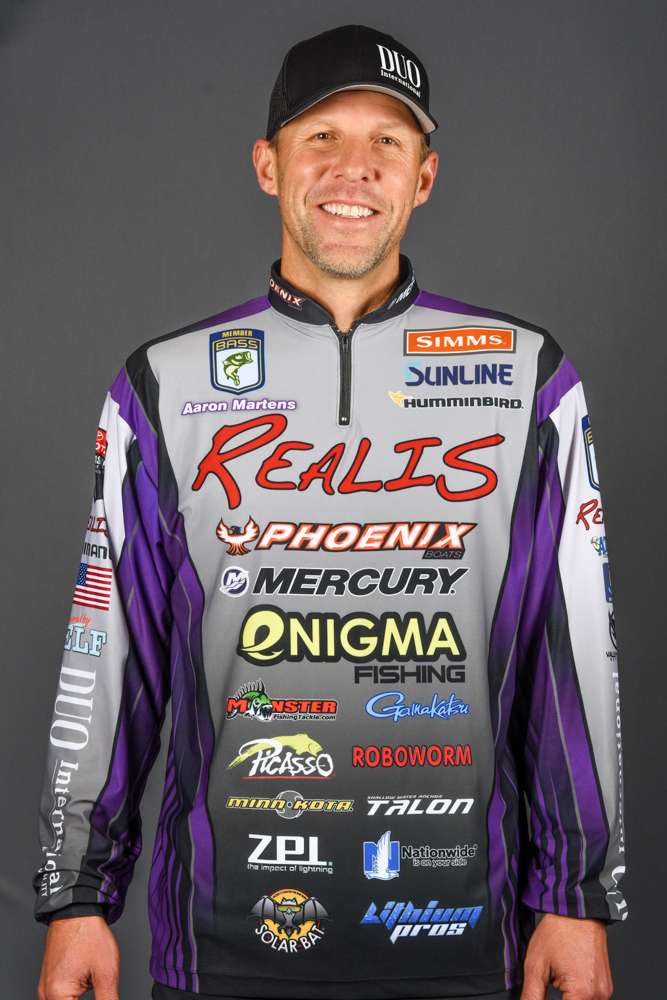I never got to fish on my trip to Southern California. My mom and I actually headed to the lake and we weren't allowed to launch because of the quagga and zebra mussel inspections. Her boat hasn't been in a lake in six months, but the rain a few weeks ago made the bilge area damp, and that was enough to keep us from fishing. We fished from shore for a little while and then headed home.
Quagga and zebra mussels are spreading fast and seem to like the deep clear water reservoirs most. Southern California is basically on lock down due to these creatures. Boats are quarantined for weeks in some cases before being allowed onto a lake.
Once a boat is on a lake, they "tag" it with a wire tie so that the boat cannot be launched on another lake before returning. It really makes fishing difficult in Southern Cal compared to most other states where we can pretty much launch anywhere anytime.
I understand the problem, especially on my home lake — Castaic. Los Angeles County uses Lake Castaic and Lake Pyramid to generate power for the area. They let the water run down to Lake Castaic from Lake Pyramid in pipes and tubes, generating power all the way. They do this all day and then at night, when the county is using less power, they pump the water back up the hill to Lake Pyramid only to be sent back to Lake Castaic the following day to generate more power.
Needless to say, it takes a lot of pipes, valves, tubes, etc., to get this process done, and those are the things quaggas and zebras can clog to create a big problem. For that reason, we need to do what we can to stop the spread of them.
Surprisingly, the mussels may be helping the fishing. Lake Mead and Lake Havasu are infested, and the fishing has never been better at either one. The great lakes are infested as well and the fishing there is awesome, too, especially for smallies. I guess it just adds another element to the food chain. Small baitfish and crawfish must feed on them, and then the bass feed on the baitfish and crawfish. The race is on for the first company with a quagga or zebra mussel bait.
But enough about varmints, let's talk running. This Friday, the day after this blog is published, I will be taking part in the Ragnar relay. If you've been reading my blog, you already know I'll be running 21 miles of the 199-mile race. I am running three legs of the race — one stretch of better than 11 miles, one of 4-plus miles and one of 5 miles.
I'm excited about the run and have worked really hard to be prepared for it. I'm a little nervous because I want to finish, and I'm worried about injury. Long flights and long drives over the past few days can get my plantar fasciitis acting up. I'll report back next week on how it goes.
When I was in Southern California, I had a chance to stop by Roboworm and work with Greg Stump. Roboworm was my first paying sponsor, and their baits have been a huge part of my success. We're working on a few new baits, and I'll break them to you here when we get closer to their launch.
Another awesome thing about the trip to So-Cal was hiking with the kids. Spencer is at the age now where he can really keep up. We took some long hikes into the foothills of the San Gabriel Mountains. These are places I roamed as a kid, and to take my kids there now was a cool experience.

